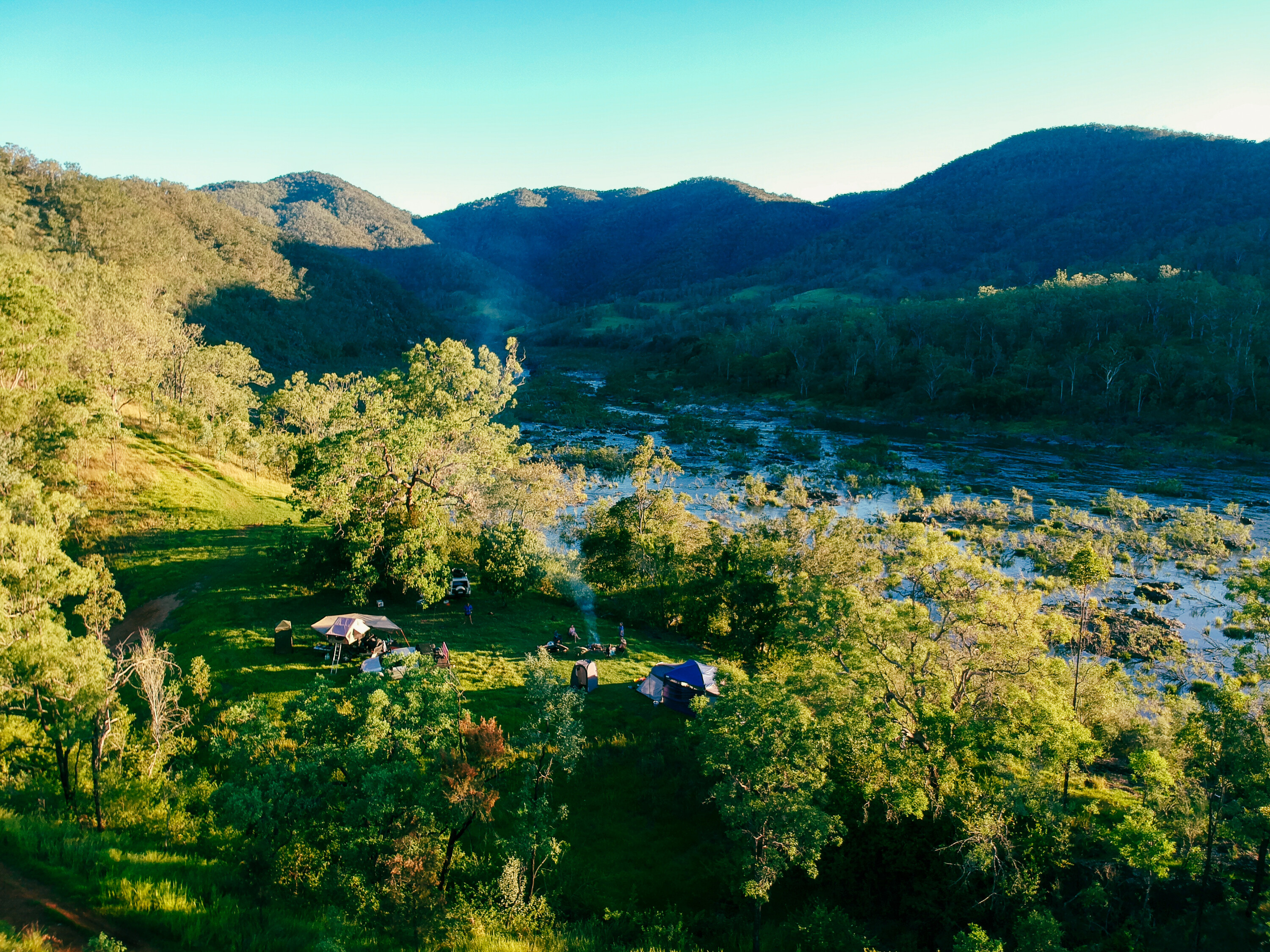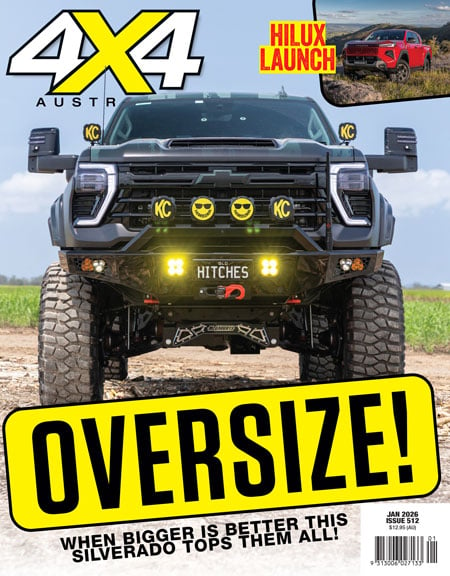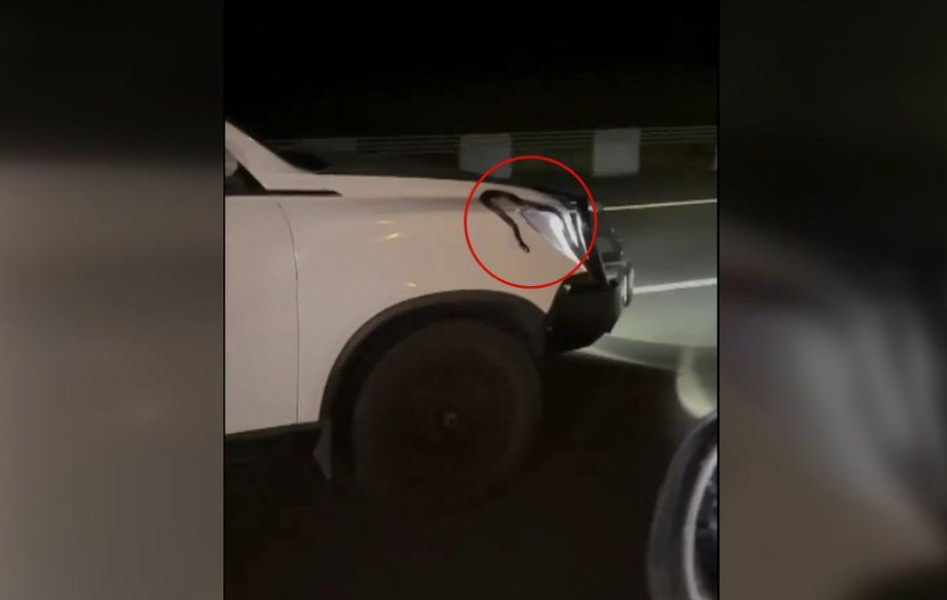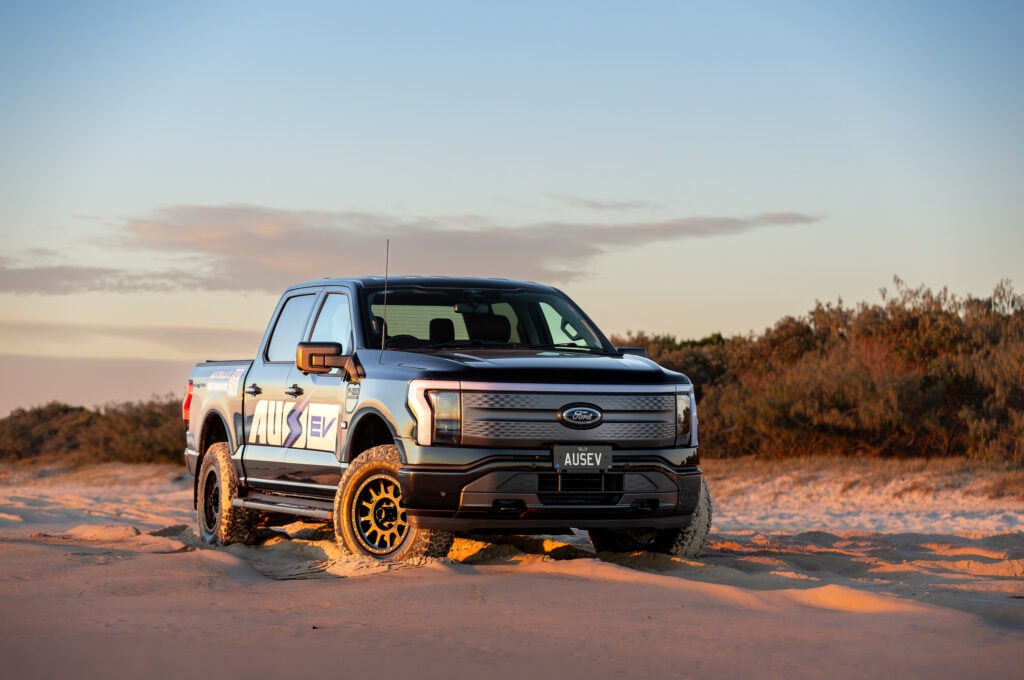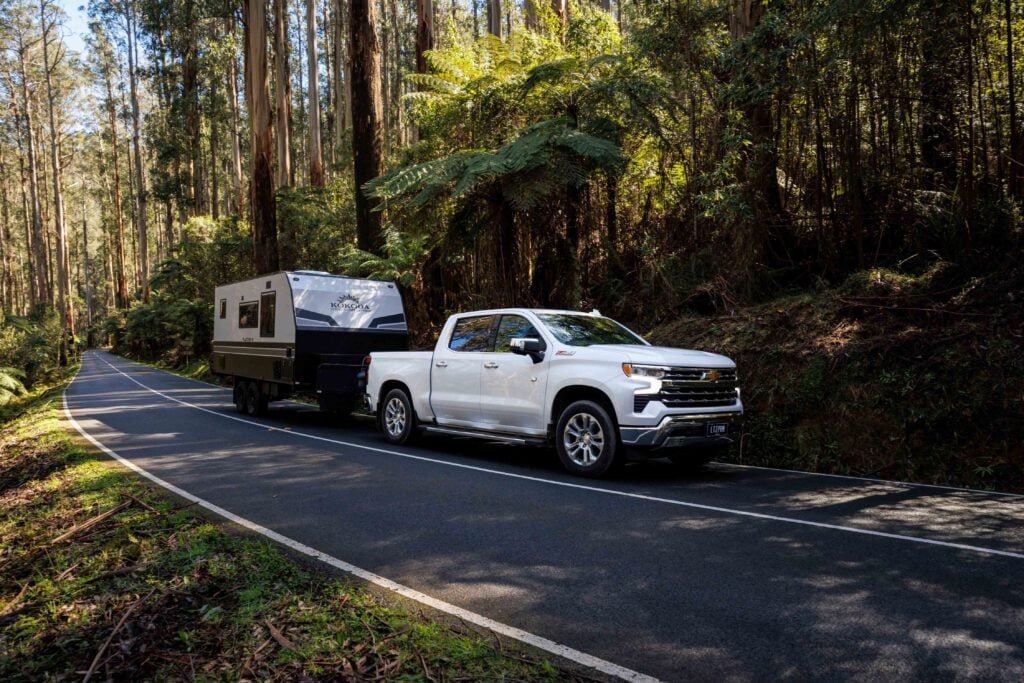The NSW National Parks and Wildlife Service (NPWS) is inviting businesses to run “supported camping” across 23 campgrounds in 16 national parks – a move that could see sections of popular public campsites effectively reserved for private operators rather than everyday campers.
Under the proposal, licensed operators would be able to set up pre-pitched tents or caravans, provide bedding and cooking gear, and even supply meal packs. NPWS says the aim is to make camping easier for people who lack the gear or confidence to go it alone.
However, the fine print reveals a key point: participating businesses would have exclusive access to certain campsites for the life of their licence – potentially shutting out regular campers who’d normally book those spots themselves.
Exclusive access to public campgrounds
NPWS plans to issue selective licences under its Parks Eco Pass program, giving successful operators the right to run supported camping at nominated sites for up to six years (three years plus a three-year option).
These licences allow operators to reserve and sell campsites to their customers via the NPWS booking system. Eligible campgrounds include some of the state’s most popular spots including Euroka in the Blue Mountains, The Basin in Ku-ring-gai Chase, Depot Beach on the South Coast, and Ganguddy-Dunns Swamp in Wollemi National Park.
For everyday campers, that could mean fewer available sites at already busy destinations, particularly over holidays when bookings disappear within minutes.
A shift towards commercial use
In practice, parts of public campgrounds would be set aside for private businesses, which would then offer them as ready-to-go packages at a premium. NPWS says the model is aimed at attracting newcomers to the outdoors, but for seasoned campers and 4×4 tourers, it raises concerns about public land being slowly commercialised.
The service insists the plan won’t involve permanent or semi-permanent structures such as glamping pods or safari tents, keeping the footprint light. Still, granting exclusive rights to private operators raises questions about fairness and the long-term direction of park access.
Who stands to benefit
Operators will get NPWS marketing support through official park webpages, newsletters and social media – exposure most small tourism businesses could never afford. They’ll also be exempt from park entry fees, though customers still pay them.
Licence fees are modest – $830 to $1245 per year plus a 5-10 per cent turnover contribution depending on park popularity. For many operators, it’s a small price for what amounts to near-exclusive use of prime national park campsites.
Balancing access and inclusion
NPWS says supported camping could introduce thousands of would-be campers to the outdoors, particularly those who are curious but lack equipment or experience. Its research shows around 10 per cent of NSW adults have never camped, mostly due to practical barriers like gear and setup.
From that perspective, the plan makes sense: Lowering the barrier for first-timers and encouraging regional tourism. But for long-time campers and 4×4 travellers, it could feel like public space is being quietly carved up for commercial gain, further reducing the already limited supply of national park campsites.
What happens next
Expressions of interest are open until October 28, 2025, with licences expected to start in March 2026. NPWS says additional operators may be approved after the first year if demand exceeds capacity. For now, the first round of businesses will enjoy exclusive rights to their chosen sites.
While that exclusivity may make financial sense for operators, for campers used to competing for a fair shot at public sites, it’s likely to feel like a loss of access.
We recommend
-
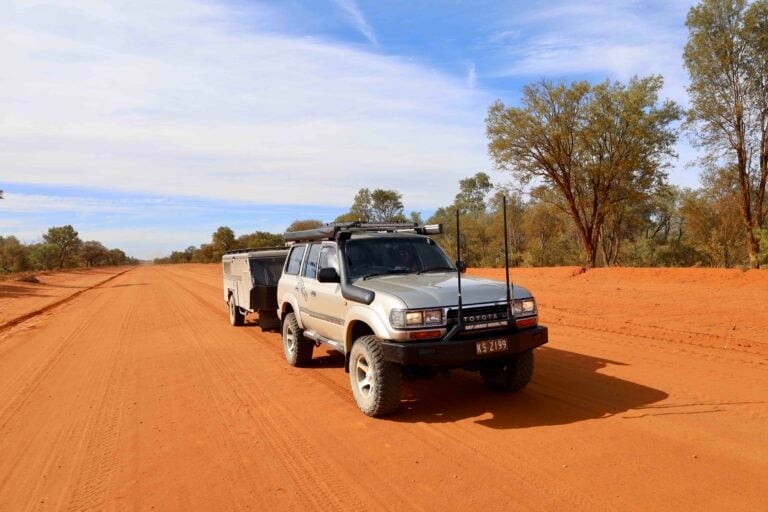 Explore NSW
Explore NSWExploring the Darling River: A road trip through outback NSW
From outback pubs to reborn wetlands, a drive along the Darling River reveals the rich history and raw beauty of outback NSW
-
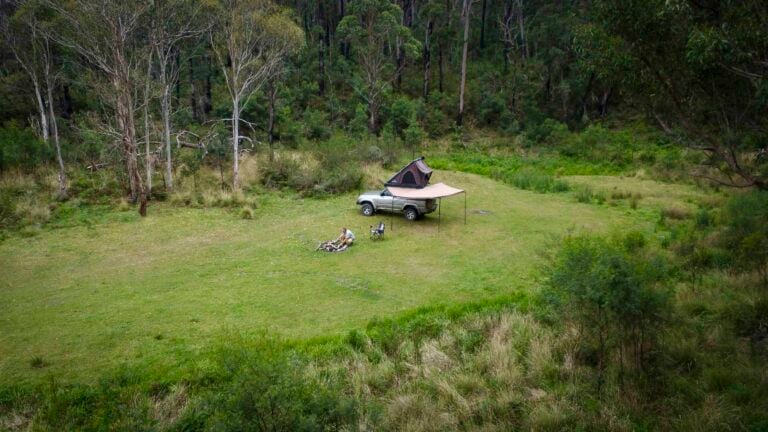 Explore NSW
Explore NSWTouring the New England region of the Great Dividing Range
One of Kev Smith’s favourite places is in his own backyard: the New England area of the Great Dividing Range on NSW’s north coast
-
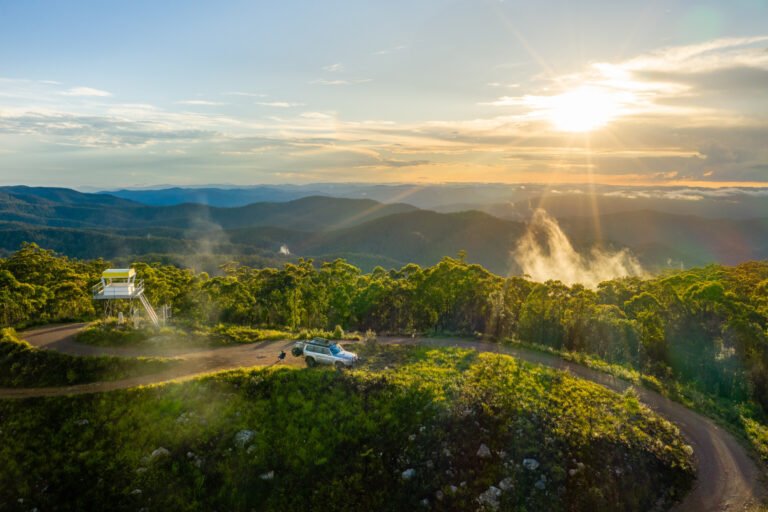 Explore NSW
Explore NSWBest 4x4 tracks near Sydney
There's more to Sydney than an Opera House. Here are a few spectacular 4x4 destinations close to the city for weekend adventures

